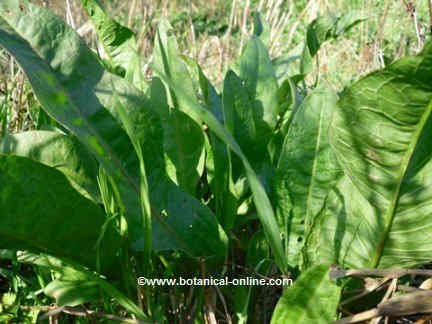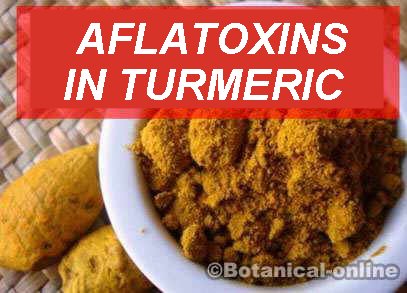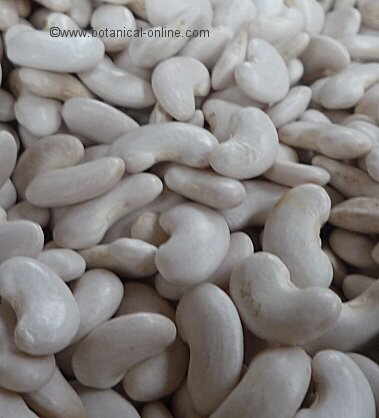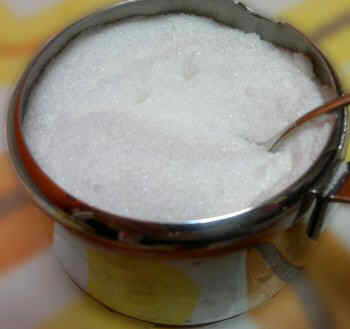Contents
Dangers of sorrel
 |
Can sorrel be toxic?
No, sorrel is not a toxic plant when its leaves are consumed as food in suitable amounts.
However, the plant has certain contraindications due to its active principles and components.
Toxic hazards of eating sorrel
Sorrel is a plant rich in anthraquinones, some components with laxative properties which, in high doses, can be irritating.
Anthraquinones are in the leaves (with a higher content in old leaves) and in greater quantity in the root.
In small doses, these components stimulate digestive secretions and have a tonic effect.
If the leaves or the roots are consumed in high doses, it can have strong purgative effects and can cause digestive problems like vomiting, stomach pain, severe stomach cramps and bloody diarrhea.
Be careful with sorrel oxalates
Another component to consider when eating sorrel is its richness on oxalic acid, better known as food oxalates. Oxalates in high doses are irritating to the digestive mucosa and can cause stomach pain, especially to people with gastritis.
For this reason, one should not take large amounts of fresh leaves in salads, but this plant should be consumed in salads mixed with other leaves.
These compounds, moreover, may be antinutritional because they reduce the absorption of minerals such as iron and calcium.
What should be done to avoid sorrel toxicity
As a precaution, it is recommended to boil or scald the leaves before cooking in soups and stews, and throw the cooking water.
Oxalates are water soluble and remain in the broth, that has to be thrown away.
This is same process that we must realize when eating large quantities of vegetables rich in oxalates such as spinach or beets are eaten.
This vegetable must be avoided by people with heartburn, arthritis, rheumatism, gout or those who have or have had kidney stones.
![]() More information about sorrel.
More information about sorrel.








